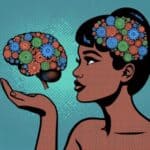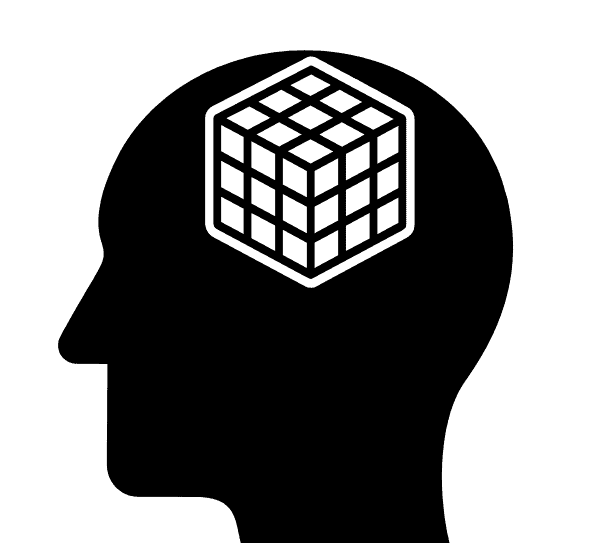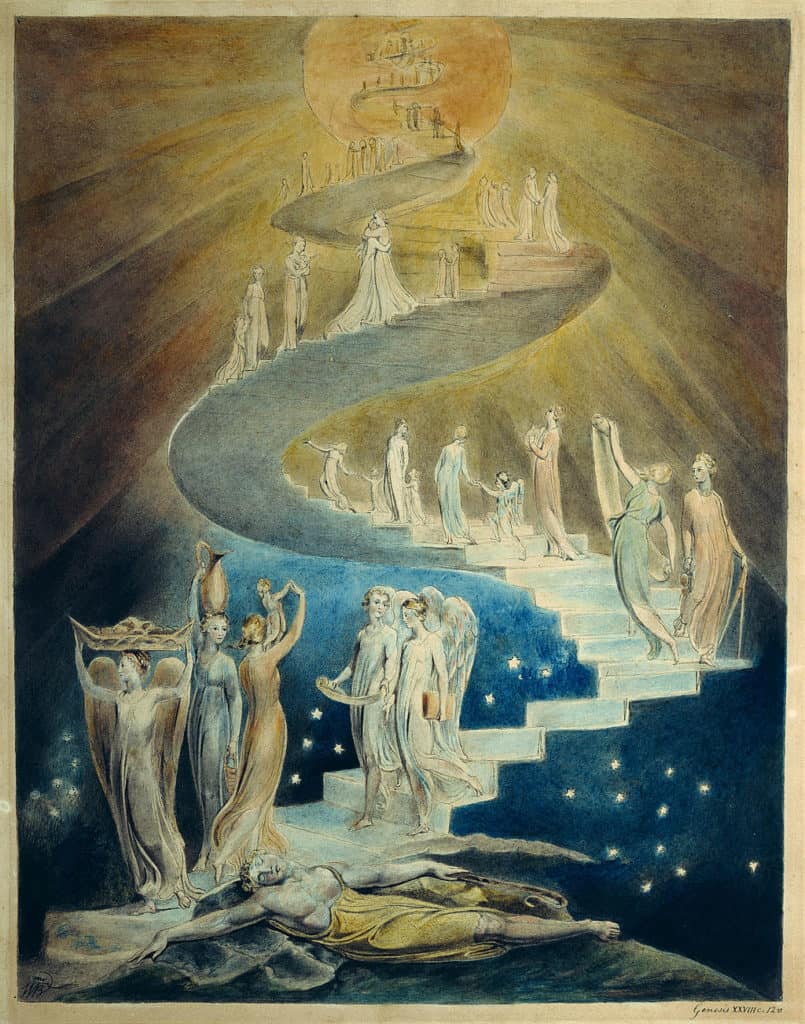Improve Your Knowledge
I’m not suggesting attending classes but attending to experiences. Experience can improve your knowledge. Every day, we face choices and see results. Such as who to vote for, should we buy that product at that cost, support a foreign war, allow your child to attend a party given by people you haven’t met, whether an undocumented immigrant should be reported, whether all criminals should get jail time, choose what we eat, drive on crowded road, and so on.

Our decisions are based on our knowledge of the factors in the decision. We may believe that a particular store has the best prices for the best goods. If we are in another store which has the same product at a reasonable price, do we buy it or wait until we check our preferred store? That decision is based on our knowledge.
How can we improve the knowledge and beliefs upon which we base our decisions?
Analytical thinkers might suggest a statistical approach. With Bayesian Inference, they can improve beliefs by gathering background information, using evidence (for instance, discovering your favorite store’s price is higher than another store’s price) and calculating a greater precision of your belief.
You and I
But in daily life, hardly anyone has the time, skill set, or inclination to do that. We use the knowledge we have gathered. And, if experience brings new information to our attention, we consider it. Perhaps it changes our certainty of that knowledge or perhaps we ignore it, believing other factors cause the surprise, not our beliefs.
For example, if a person comes into the coffee shop and your companion tells you that person served a year in prison and has turned himself completely around, you may be surprised. Your companion continues. The fellow has a steady job, gotten married, and goes to church regularly. He ends by asserting that shows rehabilitation in prison does work.
But your initial belief is rehabilitation merely coddles prisoners. This person’s story contradicts that belief. Do you flip your belief and agree all prisoners benefit from rehabilitation? Unlikely. More likely, you admit there’s a chance particular prisoners may benefit from rehabilitation, but you continue to hold that the overwhelming population of prisoners will just take advantage of rehab programs while in prison and return to their criminal ways upon release.
By the way, when we judge others (like the former prisoner) we should know the Fundamental Attribution Error. Have you noticed this tendency in your thoughts? If you act in a morally questionable way, it’s because of your circumstances. Yet if someone else acts similarly, it’s because of their personality.
Action Plan
So how can we go about sharpening our knowledge?
Start with incidents that frustrate you. Can you do anything differently to lessen those frustrations? Can you identify your beliefs that led to the situation?
For instance, perhaps you suffer from digestive problems. On television, your favorite chef insists gluten free is essential to digestion. Eating gluten free has eased your problem. In the grocery store, you always select gluten-free items, though they often cost twice the glutenous items. Perhaps also you and your spouse argue about money at times. He says the grocery billias too high, but you hold the trump card you must eat gluten free.
Then your family attends a neighborhood party. The host casually says the hors d’oeuvres are gluten free, but you suspect their preparation may include ingredients that are not. To be sociable, you nibble on one, yet later are affected by intestinal distress. However, the rest of your family had no problem. Did you use this fresh evidence, no one else in the family has a problem with gluten, to improve your knowledge? At the next grocery trip, did you buy regular glutenous items for other family members, adjusting gluten-free buying to items solely for yourself — resulting in the next money discussion being less heated?
More than Knowledge
Of course, accurate knowledge is only one ingredient of successful decision making. The people in your circle take their actions based on their experiences with you. If you change your attitude towards spending money, they may resist your change. The same may occur for any change in your beliefs. Personality traits like perseverance, assertiveness, and willingness to confront awkward situations are other ingredients that work together with your knowledge.
Factual Surprises
We believe many things that affect our daily lives, yet do not check the reality of the beliefs.
The finding of two YouGov Polls in 2022 on social beliefs revealed several striking opinions.
- Gays and lesbians comprise 30% of our society. In fact, they’re 3%.
- Jews comprise 30%. In fact, they’re 2%.
- Blacks comprise 39%. In fact, they’re 12%.
- Immigrants comprise 31%. In fact, they’re 14%.
However, by examining their methodology, I learned that the 1,000 online participants were self-selected in both polls. That ruins the extrapolation of their beliefs to the entire population. Nonetheless, those 2,000 people do represent a swath of American beliefs.
In a separate study, the rate of criminal activity by undocumented immigrants in Texas was calculated in a Department of Justice study:
- Undocumented immigrants were less than one-half as likely as United States-born citizens to be arrested for violent crimes. The same ratio held true for drug crimes.
- They also were less than one-quarter as likely as United States-born citizens to be arrested for property crimes.
I didn’t have any conscious notion of the relative crime rates. Yet since the statistics surprised me, my unconscious belief was exposed and altered.
Conclusion
These statistics show there are numerous facts which do not match everyday beliefs. If any facts surprise you, seriously consider adjusting your beliefs. It will lead to more productive decision-making, both directly in your life and indirectly through voting.
Take advantage of the opportunity to sharpen your understanding of life’s challenges by comparing your beliefs with the results you achieve. Assuming you have the fortitude and aggressiveness to apply your insights, your activities will be more successful and satisfying.
Fundamental Attribution Error. We explain our actions generously, but not so for others.
Facts, Knowledge, and Beliefs. Explanations and Predictions. Much of what casual conversation calls facts is actually beliefs.
Black or White Thinking. Extremes in beliefs limit productive decision-making.


